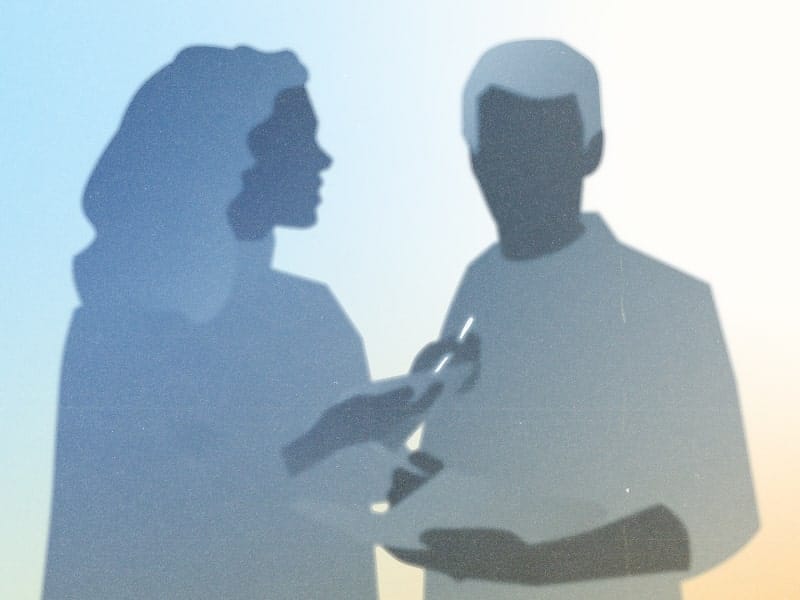Social Map: Organizer to Organizer
Caring and consistent, Organizers should embrace vulnerability to thrive in connection with each other.

Caring and consistent, Organizers should embrace vulnerability to thrive in connection with each other.
Organizers are action-oriented, practical and dependable. They are always the first one to help you when you’re in a jam. But they may have trouble expressing their feelings. How can Organizers deepen their relationship with one another?
In this Organizer to Organizer social map, we’ll highlight the strengths and hurdles Organizers may face in connecting with each other, as well as best practices for conversations and interactions.
Summary
Organizers get one another. They’re interested in the practicalities. They have an encyclopedic knowledge of their friends. They might have spreadsheet skills that others just can’t touch.
And more importantly, Organizers show their love through action. Organizers will always “show up” and remember the important dates. They’re trustworthy and consistent, two necessary qualities in any connection. If they say they’ll do something, they mean it. This kind of loyalty and dependability means they create long-lasting friendships.
But Organizers may have trouble putting words to their feelings. They may struggle to reach out for help when they need it, preferring to manage any potential crisis on their own. This is in stark opposition to the help they seek to provide to others. When shared between two connection patterns (like two Organizers), these traits may prevent them from creating a deeper relationship. Organizers express more through actions than words and getting caught up in an endless cycle of loving actions may prevent them from having the heart-to-heart talks that can create emotional closeness. They may be stuck at a surface-level friendship forever.
Making a concerted effort (something Organizers are quite used to) is key to helping this connection grow. Vulnerability is key, and it will help build a relationship that isn’t relegated to superficial conversations.
Strengths and Hurdles
Strengths
— Organizers are consistent. They’ll be where they say, when they say. This relationship won’t suffer from broken plans.
— Organizers may appreciate someone knowing as much about them as they know about others. They may enjoy seeing the care they communicate to others (through practical action) reflected back to them.
Hurdles
— Organizers can be rather rigid. Organizers want something done right, if at all. This rigidity can cause conflict if each Organizer has their own version of what’s “correct.” If conflict comes up, these two may have a hard time seeing the other’s perspective.
— Organizers aren’t always the best at being vulnerable and sharing their deeper emotions. But to build a relationship that isn’t surface level, Organizers will need to push past this discomfort to dive into deeper feelings.
What to Do
Be willing to bend.
Why it works: Organizers know the best way to do things. So two Organizers will know two best ways to approach their connection! Don’t let your point-of-view be the only way to approach the connection in this relationship. Allow room for the other person to have or express a different perspective.
Don’t be afraid to get real.
Why it works: Organizers want to show up when times are hard. Trust your loved one to be there for you when times are tough, just as you would be there for them. Be willing to get vulnerable and share how you feel. Remember the love your friend shows for you, and try to put into words how that makes you feel. If you’re feeling overwhelmed, reach out to your fellow Organizer rather than trying to handle it all on your own.
What to Say
“This is how I feel.”
Why it works: Organizers need to create a space for honest conversation to build a long-lasting and deep relationship. Say how you feel, and trust that your loyal loved one will see you through it.
“I really appreciated it when you helped me out last week.”
Why it works: Organizers aren’t always recognized for the things they do for others. They make balancing the world on their shoulders look easy, and people may forget the work that actually goes into it. Let your loved one know how important the love they show is to you.
Recommendations
“How to Have a Heart-to-Heart”: Relationships grow deeper when you’re able to discuss the heavier moments.
“How to Be Vulnerable”: Vulnerability is a strength, and it is easy to forget that.